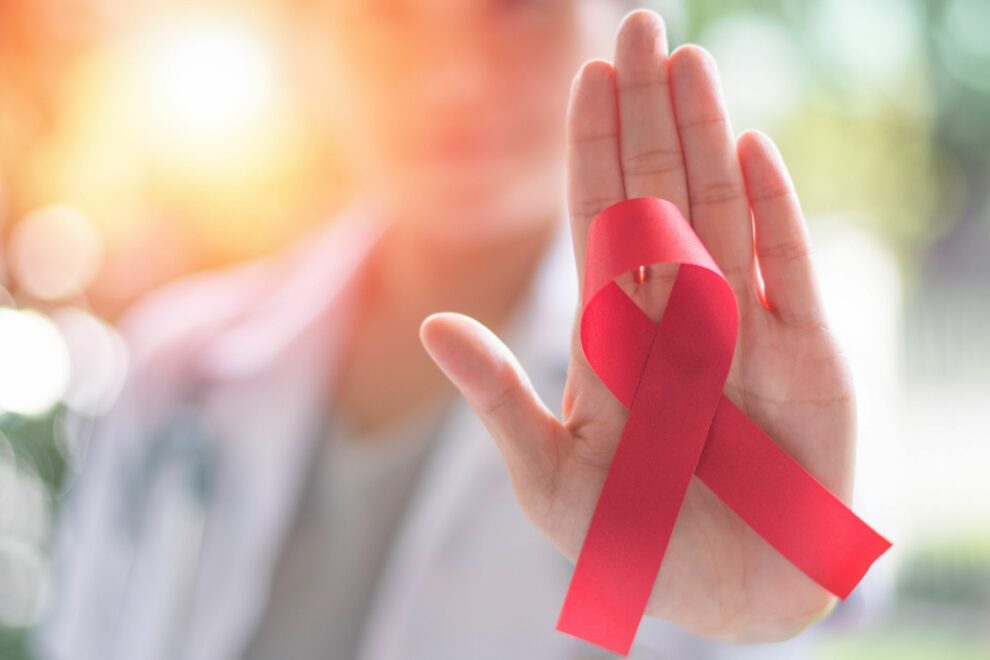Domestic resource mobilization will be critical in the coming years for Rwanda and other countries to ensure sufficient and sustainable funding to sustain the gains toward ending AIDS by 2030, a UN official has said.
Hind Hassan, UNAIDS country representative for Rwanda, was speaking during an event Thursday in Kigali, the Rwandan capital, to mark this year’s World AIDS Day, which falls on Friday.
Rwanda has been recognized among the countries that have made remarkable progress toward ending AIDS by 2030, after it met the 95-95-95 HIV target, according to a UNAIDS report published in July.
The 95-95-95 HIV target means ensuring that 95 percent of individuals living with the virus in a country know their status, 95 percent of those aware of their HIV-positive status are receiving antiretroviral drugs, and 95 percent of people on treatment have achieved viral suppression.
Hassan said Rwanda, having achieved so much, should be looking at the very last mile of achieving the goals of 2030, which she described as the most difficult and the most expensive.
“One big area we really need to look at is the area of financing the HIV response, because we are seeing that donors are reducing funding globally, decreasing their development assistance in general, reprioritizing their funding to different countries,” she said. “So we have to look at that.”
“Also… we need to look at domestic financing and mobilization by looking at who is not on the discussion table right now, for example, how can we engage the private sector to generate resources for the response,” Hassan added.
She called for more community engagement to reach out to those difficult to reach populations, by going deeper into the communities and getting them to access HIV services.
Hassan also mentioned the need to engage non-health actors, ensuring they are empowered to be part of the HIV programs.
In Rwanda, HIV prevalence in the population has been at 3 percent over the past 15 plus years among people aged 15 years and above.
Corneille Ntihabose, the head of clinical and public health services at the Rwandan Ministry of Health, said: “We must sustain the milestones achieved. We have achieved 95-95-95, but we must achieve zero strategy, where we must register zero death related to HIV/AIDS and zero new infections.”
“To achieve this, we need to be innovative because the virus is adapting, with new mutations. So we need more right testing and treatment tools,” he said.
According to UNAIDS, the most significant progress in HIV response has been observed in countries and regions that have made substantial financial investments, such as eastern and southern Africa, where new HIV infections have decreased by 57 percent since 2010.
In 2022, an estimated 39 million people worldwide were living with HIV, with 29.8 million accessing antiretroviral therapy, it said.
Source: Xinhua









